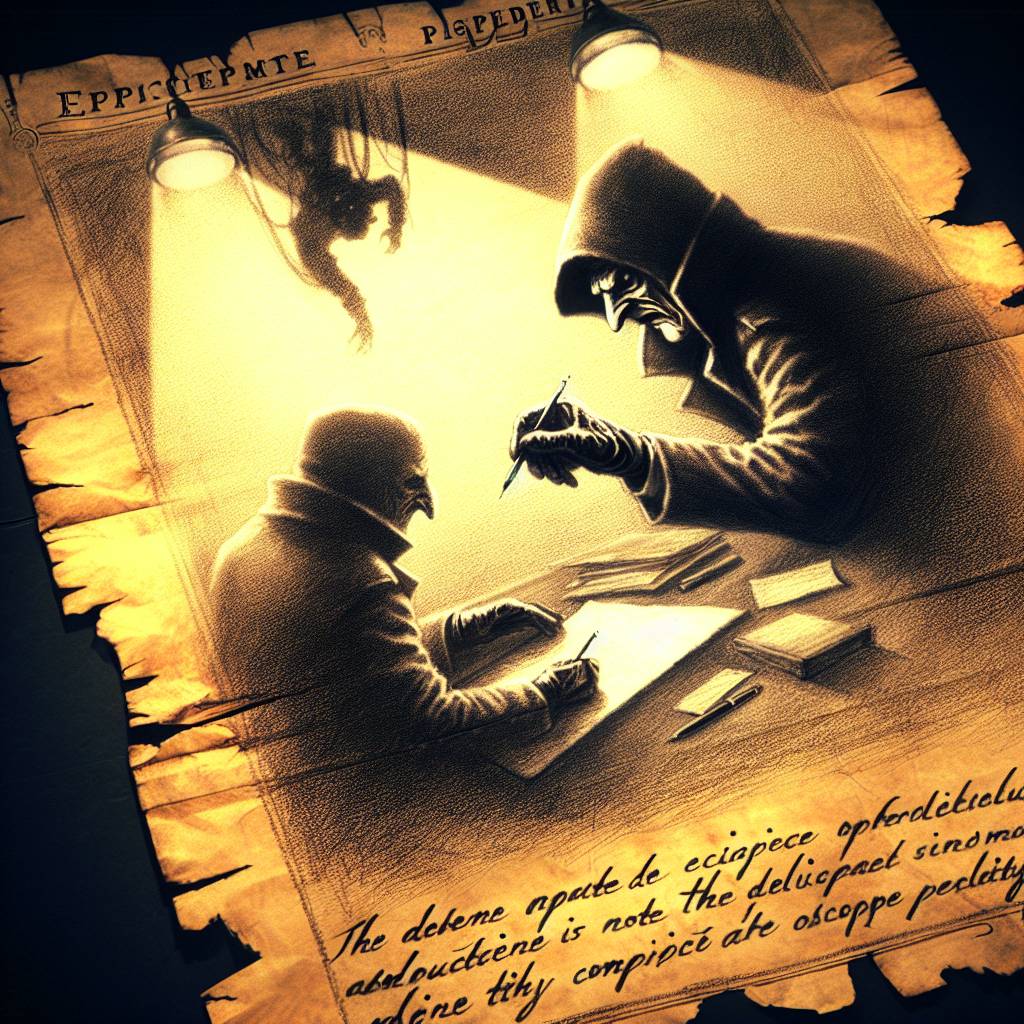Beware the Snail Mail Scam: Fake Ransom Letters Target US Executives
Corporate executives in the US, mainly in healthcare, are being targeted by a scam involving physical letters from a so-called BianLian ransomware group. The letters, stamped “Time Sensitive Read Immediately,” demand Bitcoin ransom for a cyberattack that never happened, using a QR code to a Bitcoin wallet. The FBI confirms this is a scam.

Hot Take:
Who knew snail mail would become the new cutting-edge tool in the cybercriminal’s toolkit? It appears that the old-school post office scammers have upgraded to a ransomware act. But fear not, healthcare execs, your sensitive data hasn’t been compromised—just your mailbox!
Key Points:
- Corporate executives in the US healthcare sector are receiving scam letters claiming to be from the BianLian ransomware group.
- The letters demand a ransom payment of $250,000 to $500,000 in Bitcoin via a QR code.
- No actual connection has been found between the scammers and the real BianLian group.
- The letters feature nearly identical wording, suggesting a templated scam approach.
- There is no evidence that the targeted organizations were victims of real cyberattacks.
Snail Mail Strikes Back
In a twist worthy of a cyber-comedy, US healthcare executives have been targeted by what can only be described as cybercriminals with a flair for the nostalgic. Forget about phishing emails or sophisticated malware—these scammers are taking it back to basics with good old-fashioned physical letters. But wait, these aren’t just any letters; they’re the kind that comes with a “Time Sensitive Read Immediately” stamp and the aroma of desperation for a payout.
QR Codes and Bitcoin Wallets: A Match Made in Scam Heaven
The letters, straight out of your worst cyber-thriller novel, claim to be from the notorious BianLian ransomware group. Recipients are urged to scan a QR code that leads to a Bitcoin wallet, where they’re supposed to deposit a cool quarter to half a million dollars. Who knew QR codes could be so menacing? The FBI, however, is not amused and warns that these letters are nothing more than an elaborate scam with no real cyberattack behind them.
Boston, We Have a Problem
These scam letters come with a faux return address, claiming to be from the “BianLian Group” in Boston, Massachusetts. It’s unclear whether the scammers picked Boston for its clam chowder or its historical significance, but one thing is certain: the letters are about as authentic as a three-dollar bill. The FBI’s keen eye has detected that these letters are just trying to scare organizations into ponying up for a cyberattack that never happened.
Template Terrors
Our friends at Arctic Wolf, the cybersecurity firm, have highlighted that each letter is a carbon copy of the next. Imagine a mad lib for cyber scams, with only a few tweaks here and there—perhaps a different font or a compromised password thrown in for good measure. Why reinvent the wheel when you can just photocopy it, right? Despite the ominous tone, there’s no sign that these organizations have been hit by the real BianLian group.
No Ransom, No Problem
Arctic Wolf has also pointed out the glaring differences between these scam letters and the genuine article from the BianLian ransomware crew. It seems the scammers need a lesson in authenticity because their wordplay and tone are way off the mark. While the letters aim to incite panic and coax organizations into paying for imaginary cybercrimes, there’s no evidence to suggest that any real data theft or ransomware attack occurred. In other words, don’t feed the trolls—or in this case, the scammers.
So there you have it, folks. In a world where cyber threats lurk behind every corner, sometimes the most unexpected ones come through your mailbox. But as long as you keep your wits about you and remember that not every “urgent” letter is as urgent as it seems, you’ll be just fine. Just be sure to keep an eye out for any suspicious stamps and QR codes—because you never know when a scam might try to go postal on you!
